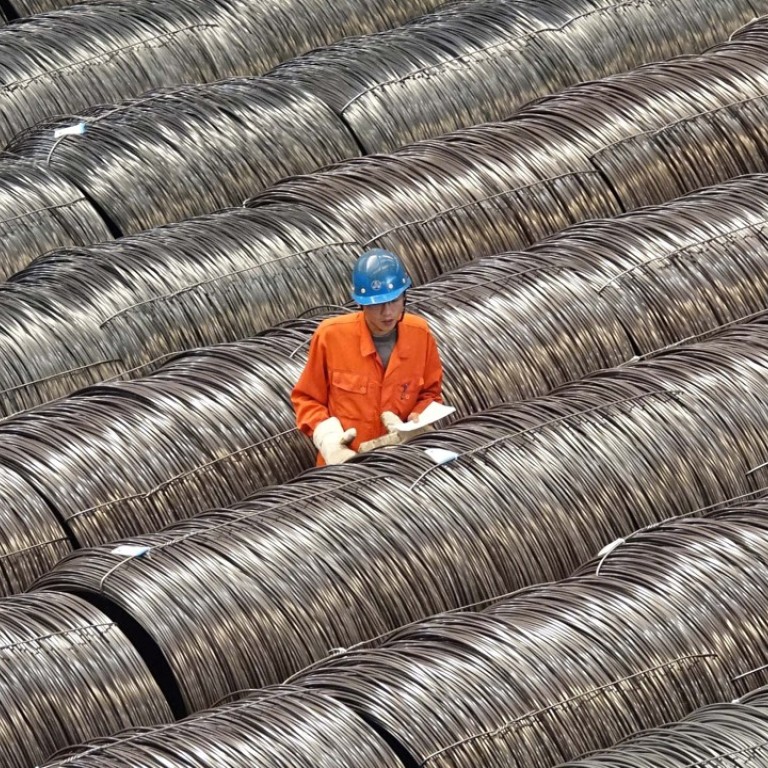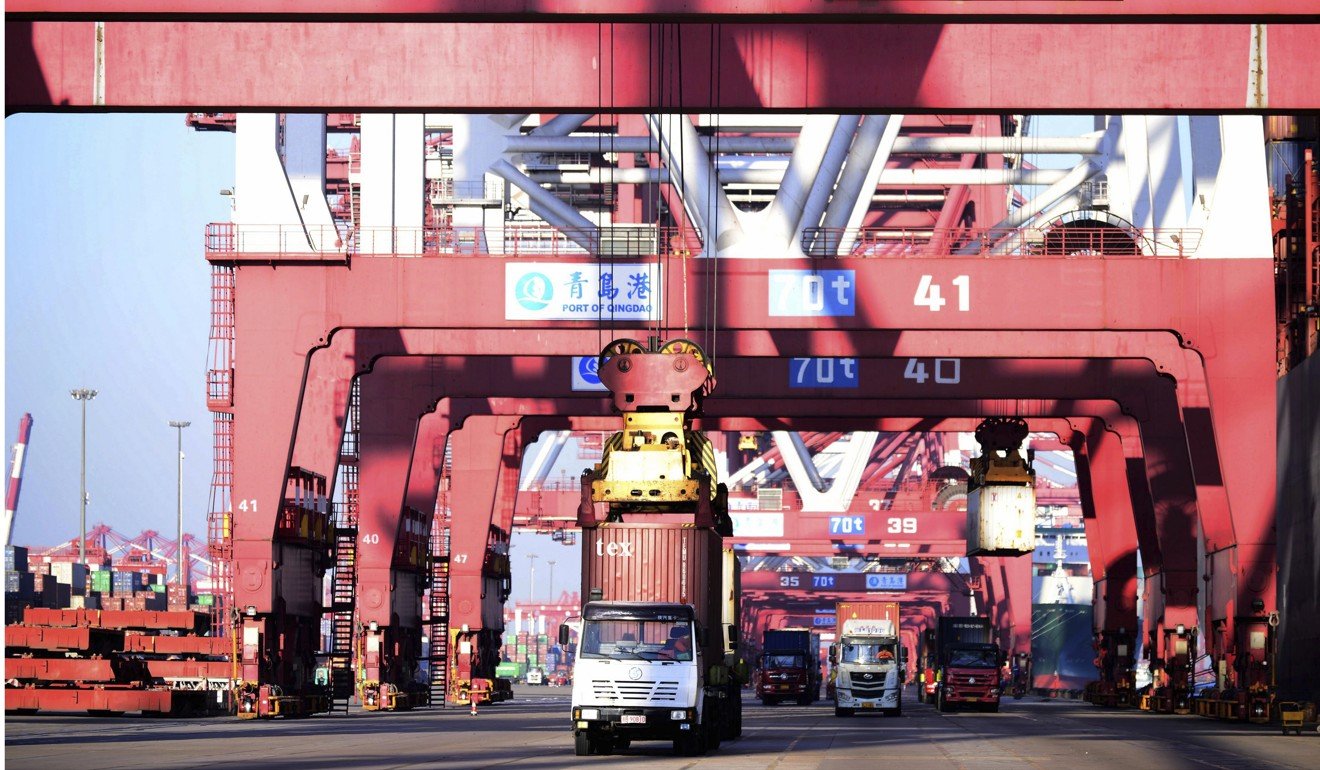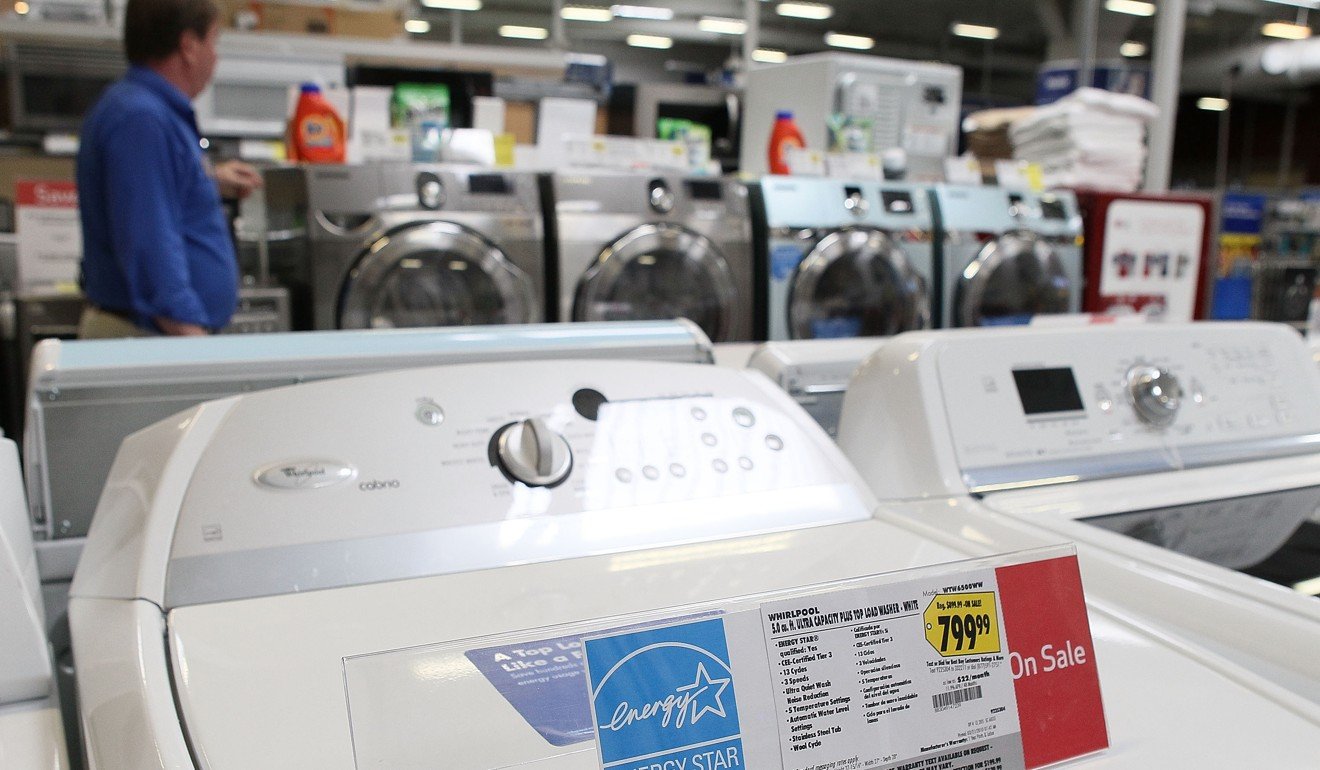
China vows to strike back as US talks tariffs on Chinese steel and aluminium
Beijing says it will take all necessary steps to protect its trade interests
China vowed on Saturday to retaliate after the US Department of Commerce proposed hefty tariffs on imports of Chinese aluminium and steel, with observers warning of further tit-for-tat trade action between the world’s two biggest economies.
China’s Ministry of Commerce said the conclusions from a US departmental national security review of the steel and aluminium industries were baseless because China, among other exporters to the United States, had proved its products did not threaten US national security.
Observers said more confrontation loomed over trade between the two countries and Beijing could respond by limiting imports of American agricultural products.
US President Donald Trump is expected to make a decision on the proposed tariffs in April.
According to department, the action could be a blanket tariff of at least 24 per cent on all steel imports and at least 7.7 per cent on all aluminium imports, or much higher tariffs on steel and aluminium products from 12 countries, including China.
According to the US Census Bureau, China exported about 740,000 metric tonnes of steel products to the US last year, down by about 6 per cent from 2016.

Wang Hejun, director of the commerce ministry’s trade remedy and investigation bureau, said the US, the world’s biggest steel importer, had been overprotective of its output and further restrictions on national security grounds would be reckless.
“The spectrum of national security is very broad. Without a clear definition, it could easily be abused. If every country followed the US on this, it would have serious ramifications on the international trade order,” Wang said.
“If the final decision from the US hurts China’s interests, we will definitely take necessary measures to protect our rights.”
Huo Jianguo, a former director of a ministry research institute, said Beijing could fight back with more limits on agricultural products, a major US export to China.
“Although a broad trade war is unlikely, confrontation over single products will increase,” Huo said.
In early February, the ministry launched an anti-dumping investigation into sorghum imports from the US, saying the crop was exported at below-market price to undercut local producers.
That was after Trump imposed new tariffs on made-in-China solar panels and washing machines.

Some analysts have suggested that US soybean could be the next target of Chinese retaliation.
China is the world’s biggest buyer of American sorghum and soybean, most of which is used to feed livestock. Last year, China imported 4.76 million tonnes, or about US$1.1 billion, of sorghum from the US, 95 per cent of China’s overall imports of the grain. China also imports a third of the entire US production of soybean.
Trade tensions between the world’s two biggest economies have intensified this year, with the Trump administration ramping up its rhetoric and Beijing mounting more investigations into imports from the US.
A week after the investigation into US sorghum, the commerce ministry concluded that US, South Korean and Taiwanese output of styrene, a chemical used to make plastics and resins, was being dumped in China.

